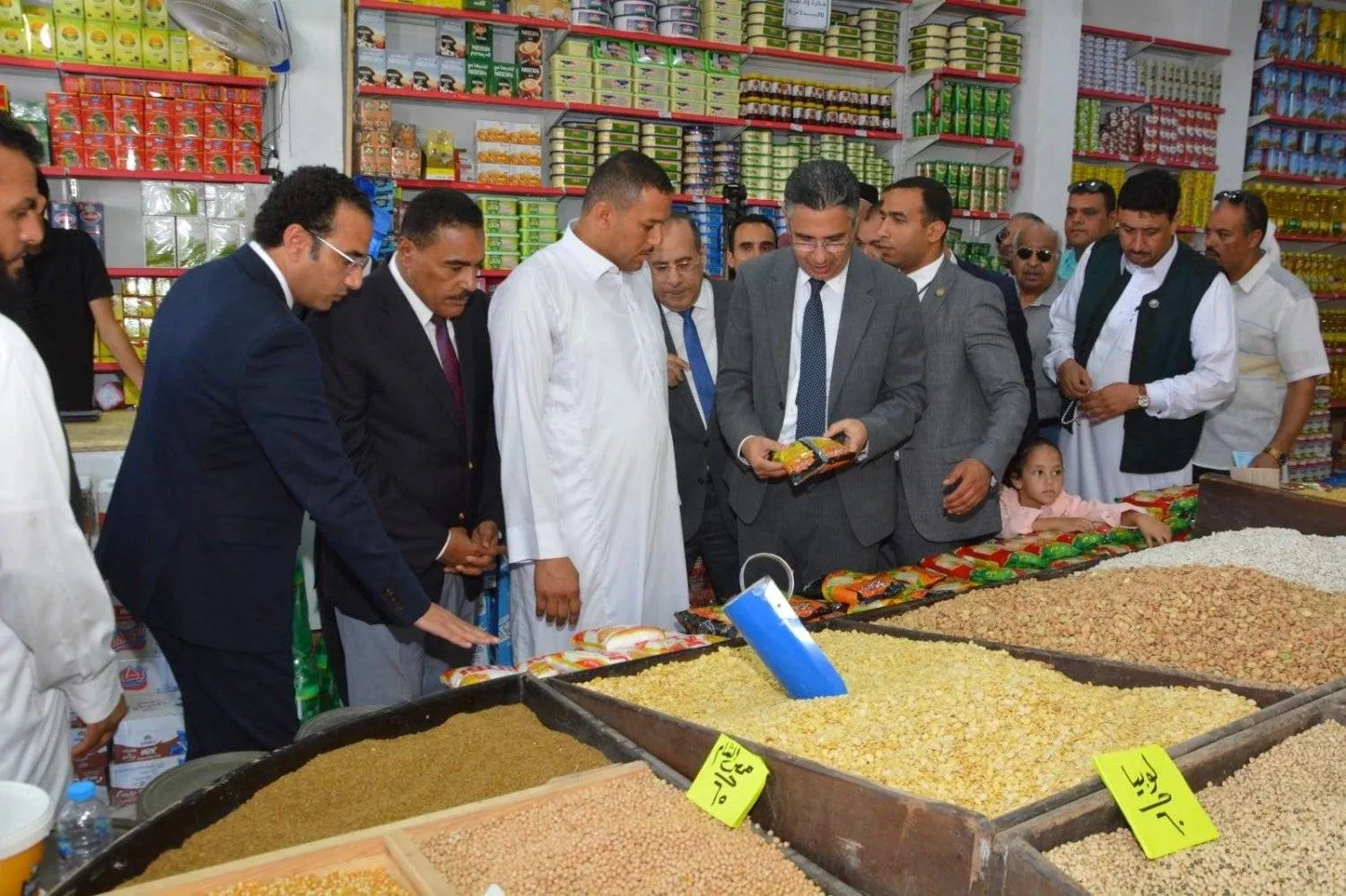The rapid rise in the exchange rate of the dollar against the Egyptian pound stirred fears about a new “wave of high prices,” amid recent government measures to reduce the in-kind support provided to citizens.
On Monday, the dollar exchange rate in Egyptian banks crossed the 49-pound barrier, reaching 49.62 pounds at the end of the day, an increase of nearly one pound compared to Sunday.
Experts believe the reasons for the rise in the dollar value varied between “regional tensions” and the “violent shock” in global markets.
Egypt said it has switched to a flexible exchange rate system, a policy that the International Monetary Fund (IMF) said last week remains “the basis of the program adopted by its authorities.”
Economic Expert Dr. Wael Al-Nahhas expected the rise in the dollar exchange rate to have an impact on prices in Egyptian markets.
In remarks to Asharq Al-Awsat, he said: “In addition to the violent shock that global markets have been witnessing for days, some foreign investors who had bought treasury bills from the Central Bank of Egypt withdrew their money.”
In July, the Egyptian government implemented new hikes in metro and railway fares that ranged between 25 to 33 percent, a week after a decision to raise fuel prices (gasoline and diesel) by 15 percent. The government also intends to increase electricity prices.
Economic Expert Dr. Rashad Abdo said in remarks to Asharq Al-Awsat that the price fall of the Egyptian currency against the dollar did not exceed 2 percent, which is not a “disturbing” percentage.
However, the ongoing political tensions in the region will lead to “economic turmoil that will affect the rise in prices,” he noted.









